
Hundreds of summer camps around the country closed down in 2020 because they lacked the finances and resources to keep campuses running safely during the pandemic. This summer, the Foundation for Jewish Camp (FJC) has secured $2.6 million from the Jewish Community Response and Impact Fund (JCRIF) for capacity expansion grants, which they have awarded to 32 Jewish camps for this summer. These grants will help add more space to meet COVID-19 guidelines and fund support programs for campers and staff.
Of the 32 camps which received funding, five are from California. Camp JCA Shalom in Malibu, Camp Mountain Chai in San Diego, Camp Ramah in Northern California, Habonim Dror Camp Gilboa in Big Bear and URJ Camp Newman in Santa Rosa all received capacity grants for $75,000.
These grants support temporary housing structures from tents to yurts, augmentations to health clinics and dining facilities and creative solutions for isolation spaces in case anyone tests positive for COVID-19.
In a statement to the Journal, Jeremy Fingerman, CEO of Foundation for Jewish Camp, said, “Camps want nothing more than to provide a safe, healthy and joyful Jewish environment for campers, and although many challenges and uncertainties remain, I feel the optimism and anticipation as FJC and our camp partners work diligently to ensure a safe and successful summer 2021… FJC’s priority is to support Jewish camps through and beyond this crisis.”
Joel Charnick, director of Camp JCA Shalom, said the camp is becoming even more of a tight-knit bubble to ensure safety this year. Because of the capacity grant, JCA Shalom is adding more outdoor spaces, sanitation areas and kitchen staff. Most importantly, it’s modifying cabins to make a second health center. One will be for regular camp illnesses and injuries and the other will be for COVID-19 symptoms and quarantining so staff can isolate when they first arrive on campus or return from days off.
“[FJC] has been so instrumental in our recovery and helping sustain us — and not only us, but all camps,” Charnick said. “Our camp burned down and that was challenging, but it’s nothing compared to this year… We have an opportunity as camps to model for our kids resiliency, grit and creativity… We have been faced with adversity, and we are going to take that head-on. Hopefully, we can teach them by doing.”
These grants expand capacity to serve approximately 3,300 additional campers across all of 32 camps and also represent a strong return on investment that will generate incremental tuition revenue of over $13 million. This will offset projected operating deficits in 2021.
To make certain Jewish camps can reopen this summer, FJC joined the advocacy efforts of the American Camp Association to officially recognize camp staff as essential workers. They worked on joint procurement of PPE, testing kits and temporary structures.
Rabbi Sarah Shulman, director of Camp Ramah in Northern California, said receiving a capacity grant helped keep the six-year-old camp vibrant. She said her team is feeling lighter knowing they have support from the state and the Jewish community, and they can’t wait for their campers and staff to be reunited with one another for the first time in a year.
“I’m looking forward to seeing kids laugh, smile, run around with each other [and] have moments where they can just be kids, while also doing transformative activities from scuba-diving to Havdalah on the beach,” Shulman said. “We are all hungry for some more of that… We want to thank the Foundation for Jewish Camp for their tremendous support and hard work in advocating for camps through the JCRIF application process and beyond.”
Since there are 19 Jewish overnight camps and more than 30 Jewish day camps in California, Margalit Rosenthal, director of FJC’s West Coast region, acts as a liaison for each camp to ensure their needs are heard and met. In addition to the work she does in California, she works with camps in Oregon, Washington and Arizona. She said it’s common in the camp world to say that camp executive staff “‘work 10 for 2’ because you’re working all year to get to deliver the summer camp experience.” Even though camp didn’t happen in person last year, the “10 for 2” method still continued so camp could eventually occur this June.
While many in the Jewish camp community are focusing on the financial support FJC offers, Rosenthal says the emotional support given to camps, especially during the pandemic, has been equally crucial.
The emotional support given to camps, especially during the pandemic, has been equally crucial.
“[Camp directors] have been working so hard, so the emotional support is such a major need. FJC has been doing a lot of listening to what the camps need, what the directors need, what the counselors need and trying to identify trends and challenges and how we can provide for them,” Rosenthal said. “We try to provide opportunities so camps can be heard and acknowledged for the work they are doing that most people don’t see.”
In addition to logistical necessities, Camp JCA Shalom, Camp Mountain Chai and Camp Ramah in Northern California are utilizing the grant money for mental health resources so campers and staff feel supported all summer long. This includes longer days off for staff, extra staff lodging, necessary testing and vaccinations and emotional support.
FJC launched a series of Zoom cohort groups where camp communities around the country and within the state could learn and share experiences so camps could thrive during a difficult year. Rosenthal also said FJC stepped up its mental health and inclusion initiatives for staff so they will be equipped to handle new situations that present themselves this summer. They also rolled out a major project called Jewish Camp @ Home, where FJC provided an online platform to camps so they could connect with and safely talk to campers.
Buddy Voit, director at Camp Mountain Chai in San Diego, is immensely grateful for the services FJC has provided in 2020 and 2021. Voit and his team recently returned from one of their first camp visits in over a year so they can plan out what needs to happen before their summer kicks off in June.
Since the camp is in the mountains, it deals with a wide range of temperatures from cool evenings and mornings to hot afternoons. It needs to account for not just COVID-19 safety protocol but equipment and outdoor spaces that can handle all their needs. The grant will go toward new yurts, picnic tables for bunk pods, PPE and outdoor areas for campers and staff. Voit said Rosenthal and FJC’s support has meant everything.
“[FJC is] promoting Jewish camp and this year saving Jewish camp,” Voit said. “This year they are giving us the tools by virtue of people and our own connections to save camp this summer and make it work. It’s still not going to be a regular summer… but FJC has been remarkable. I’ve been so grateful, we all have been.”
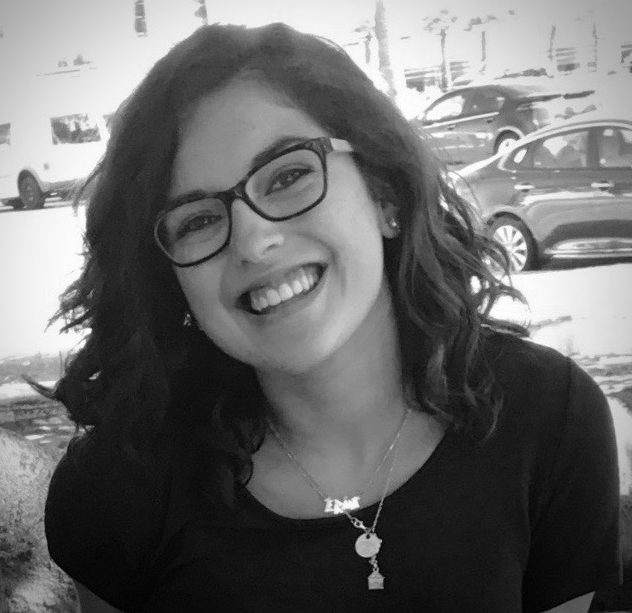







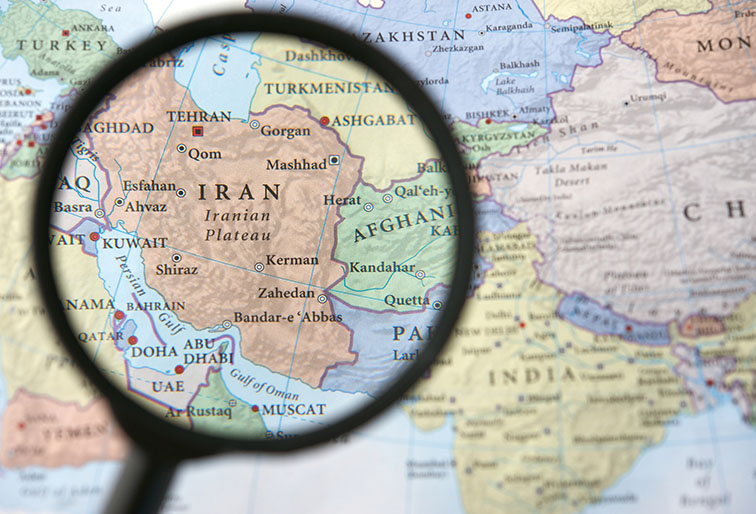


















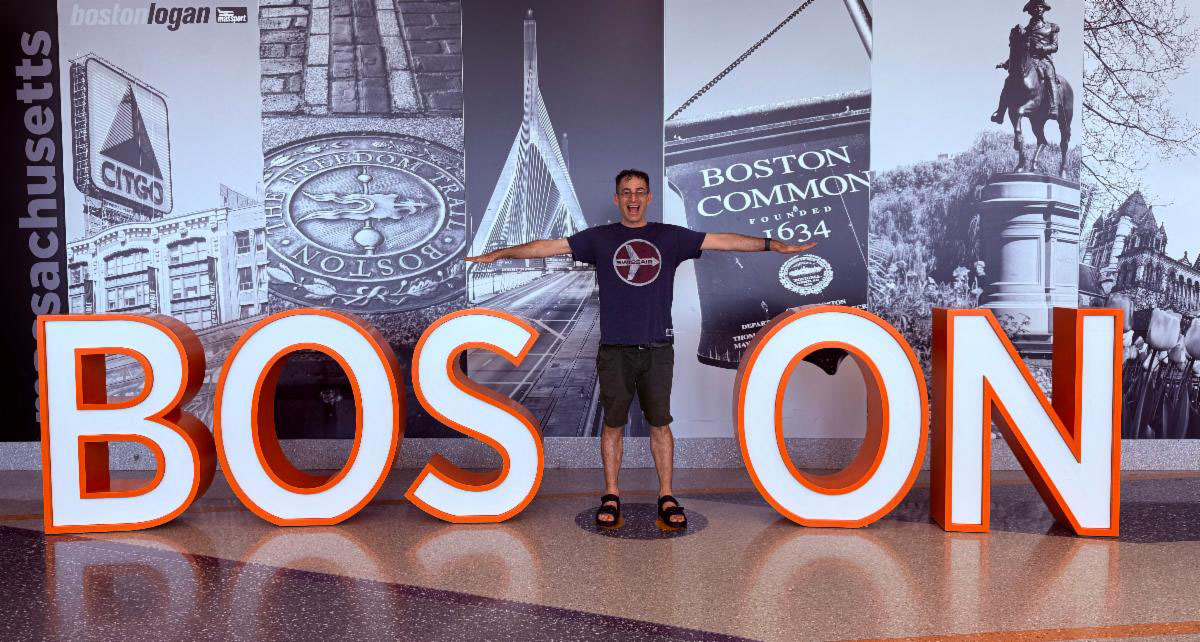
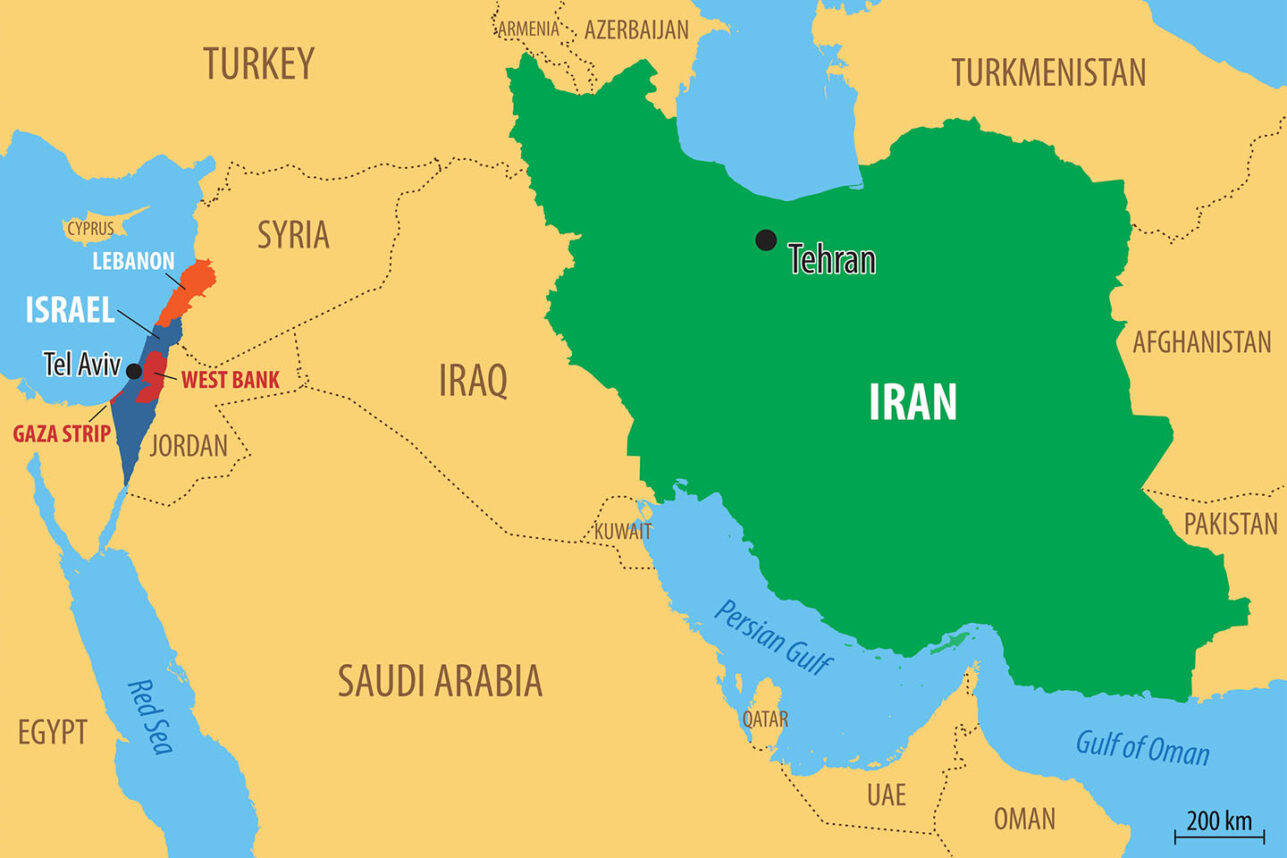

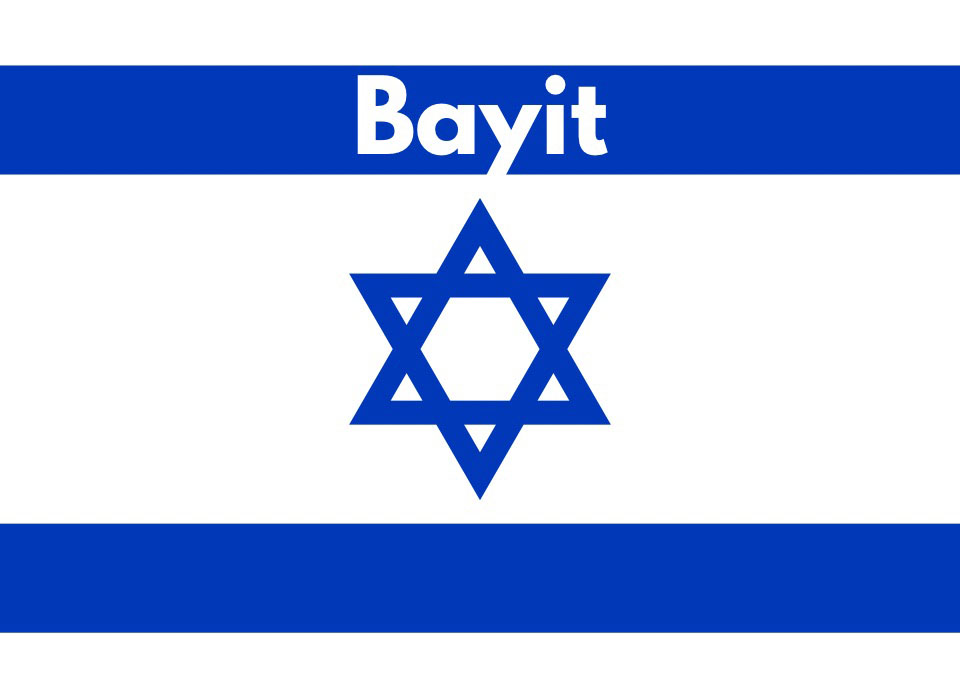



 More news and opinions than at a Shabbat dinner, right in your inbox.
More news and opinions than at a Shabbat dinner, right in your inbox.